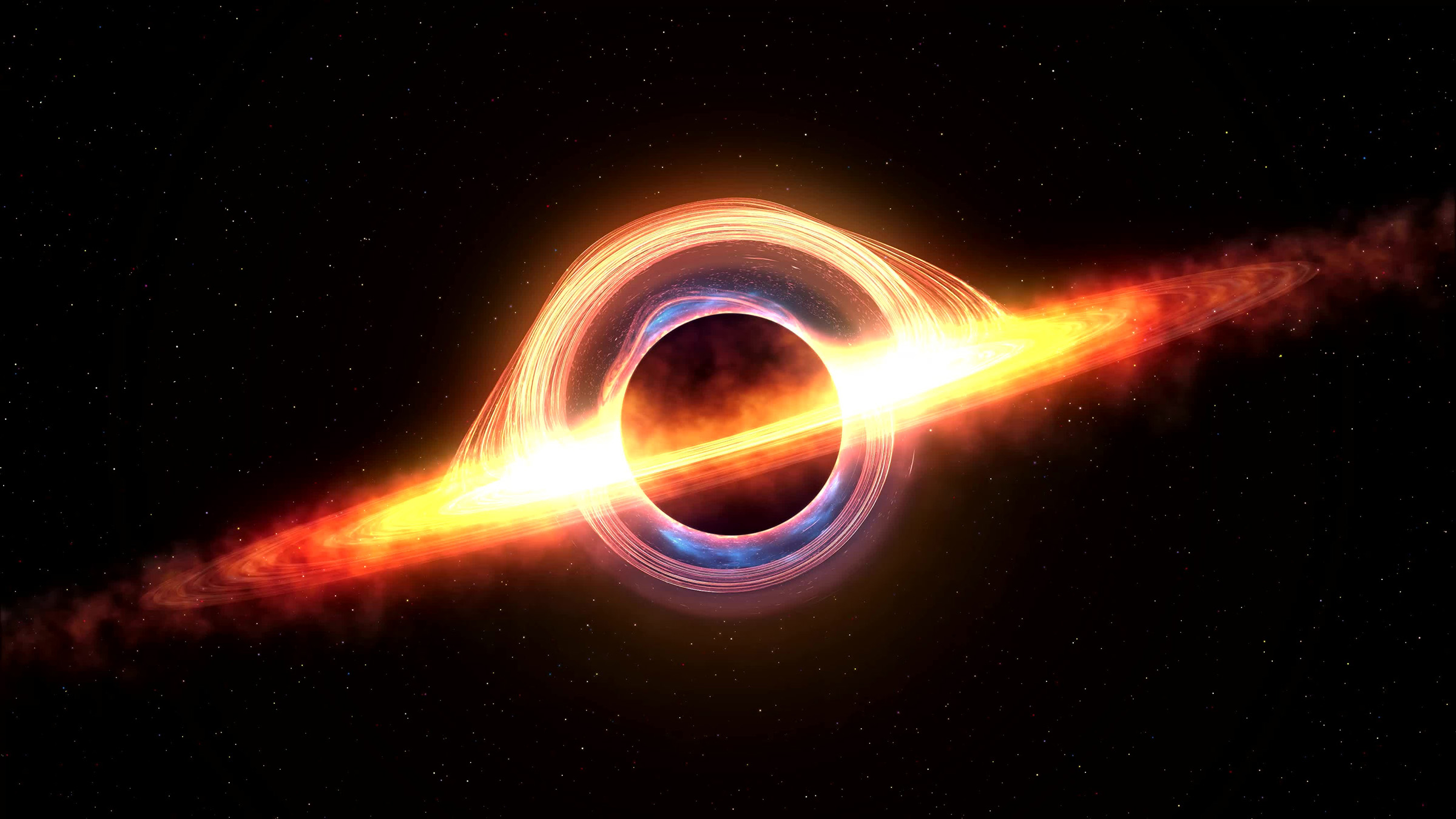Understanding the universe is a gamble and one that we could have been approaching incorrectly for almost a century. Now, a new theory that suggests our galaxy could be surrounded by a void could help better explain the acceleration, and some are calling it a “Hubble Bubble.”
For years, scientists have explained the acceleration of the expansion of the universe using a theory known as the Hubble-Lemaitre constant. Basically, this says that the speed at which galaxies move away from each other is directly proportional to how far apart they are. Unfortunately, real-world observations haven’t exactly lined up with the constant at all.
As such, scientists at the University of Bonn in Germany and St. Andrews in Scotland have been looking for a different solution to this problem. According to a new study from these researchers, our galaxy might be inside of a huge, empty void that is similar to an “air bubble in a cake,” the researchers explain. This “Hubble Bubble,” as Futurism so poetically put it, could help explain some things.

The new paper essentially suggests that the universe is expanding faster in our galaxy’s vicinity than it is everywhere else. This, the researchers say, has created a bit of a void around us, in which the region of space surrounding out galaxy rests at a lower density then the rest of the cosmos around us.
It’s certainly an interesting idea, and the current models that we use to explain the cosmos haven’t taken such bubbles into account. As such, it might be useful for us to reexamine the “laws” and fundamentals that we use as an authority on such research.
Many of the current theories and formulas are based on Einstein’s theory of gravitational forces. However, those forces react much differently than Einstein predicted, so it very well may be time to revisit them if we ever truly want to understand the cosmos.








